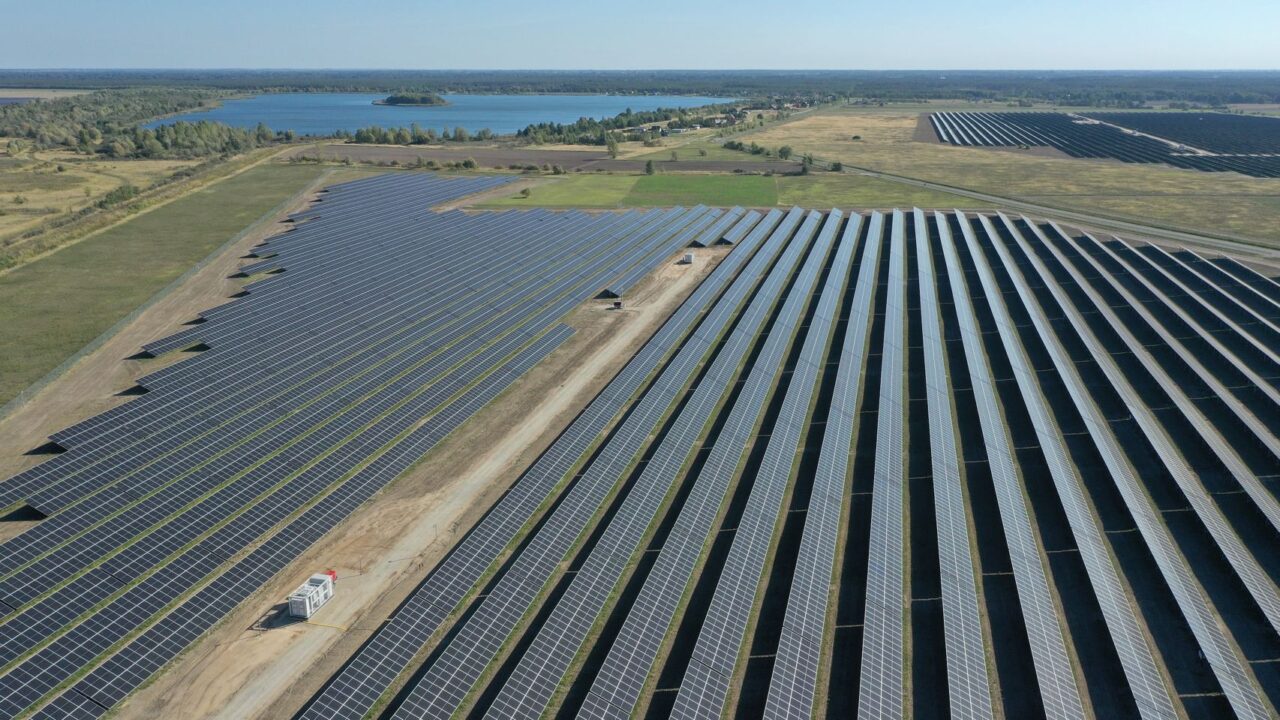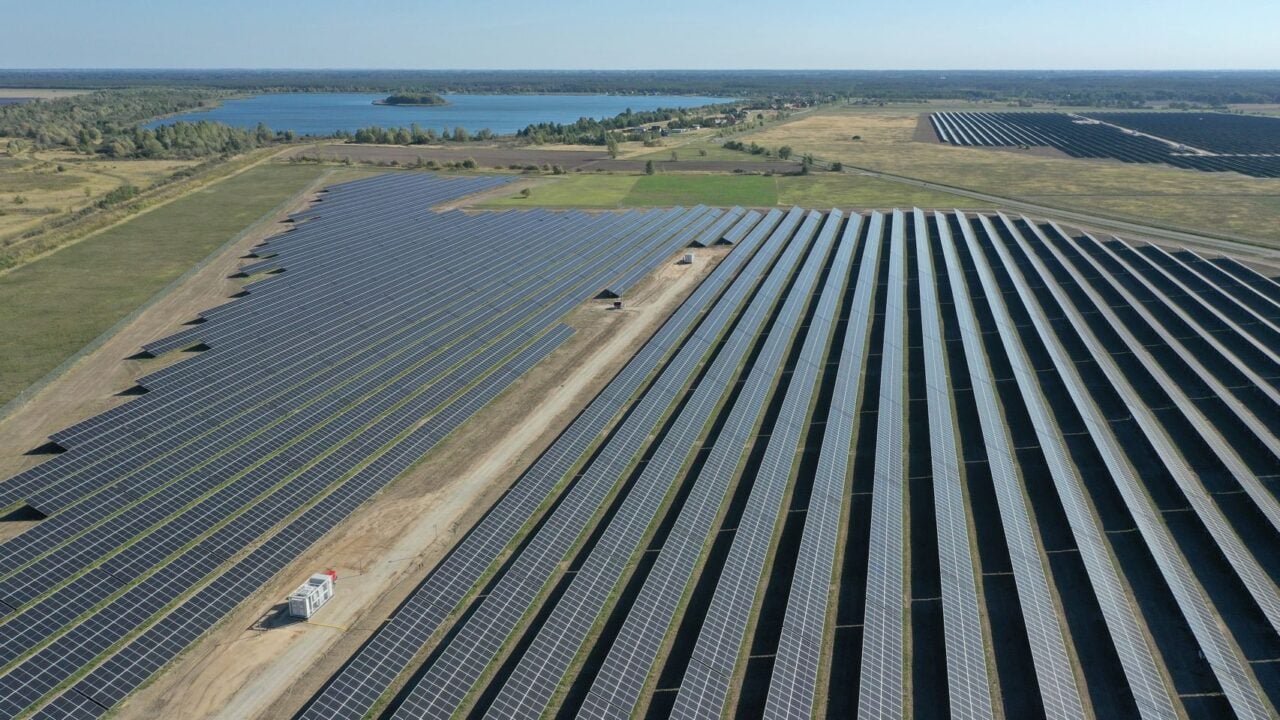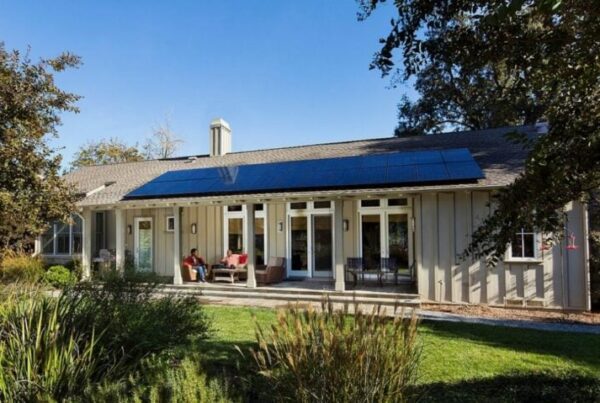
This portfolio will be owned and operated by the EDP Group, which is based in Portugal and announced plans for the Novo Oriente portfolio in 2022.
The Ceará investment, meanwhile, will be known as the Mauriti portfolio, and consist of three projects with a combined capacity of 147.3MW. BNDES has raised a loan of R$339 million (US$60.5 million) for this portfolio, which will account for around 47% of the money raised for the project, and the facility will be owned and operated by the state-owned PowerChina group.
With the latest rounds of financing, BNDES has now helped raise R$11.8 billion (US$2.1 billion) for PV projects since 2017, and has helped support the commissioning of around 4.5GW of solar capacity.
“The investments reaffirm BNDES’ role as the world’s largest financier of renewable energy, according to Bloomberg’s ranking, and are aligned with president Lula’s government’s strategy to promote the energy transition in the country,” said BNDES president Aloizio Mercadante.
Brazil’s renewable power sector has grown considerably in recent years. In 2008, the national government launched its National Plan on Climate Change, which aimed to meet 80% of its electricity demand with renewable power by 2030. Brazil has already met this target, with figures from the International Energy Agency (IEA) showing that clean power, including biomass, accounted for 87.7% of Brazil’s total electricity generation in 2022.
However, hydropower accounted for the vast majority of this electricity generation—63.1%, according to the IEA—while solar PV made up just 4.4% of the country’s electricity production. Figures from consultancy firm Greener found that Brazil imported 17.5GW of solar modules in 2023, a slight decline over the previous year, raising questions about the prospect for growth in Brazil’s PV sector.
More recently, however, Solatio has announced plans to build a 4GW solar project in Brazil, which would be by far the largest in the country.






